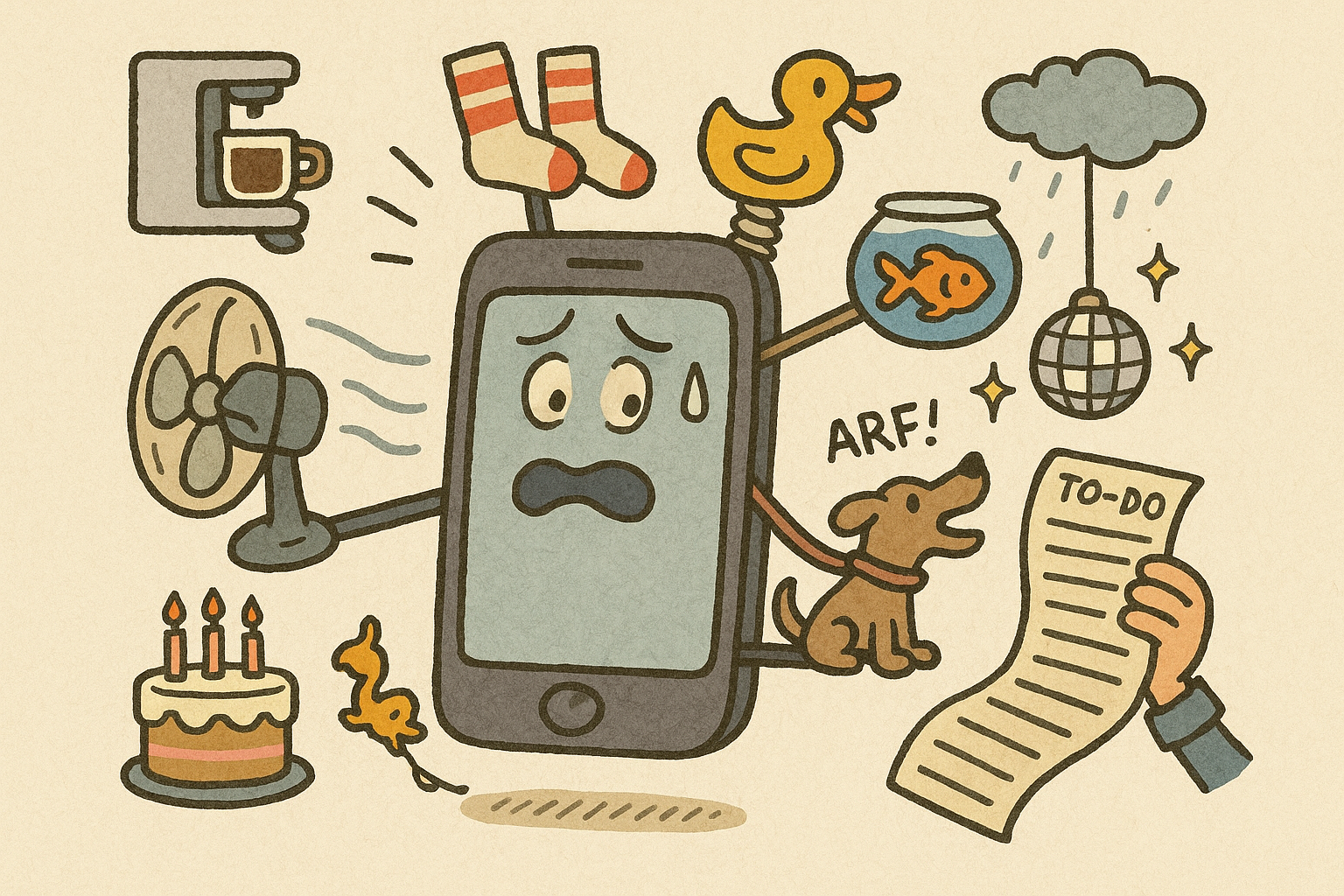The False Promise of Convergence: How the 'Everything Device' Changed Our Brains
 Our smartphones embody the promise—and pitfalls—of technological convergence.
Our smartphones embody the promise—and pitfalls—of technological convergence.
Do you remember the early 2000s, when your pockets were filled with separate devices—a phone, an MP3 player, maybe a digital camera, and possibly even a PDA? Perhaps you recall juggling gadgets, untangling headphone wires, or anxiously hunting for outlets to recharge everything. Fast forward to today: one device—the smartphone—now handles nearly all aspects of our digital lives. When Steve Jobs unveiled the iPhone in 2007, he promised “three revolutionary products” in one: a phone, an iPod, and an internet communicator. It felt magical. Yet, this technological convergence, seductive as it was, reshaped our brains and lives in unforeseen ways.
The Vision of Simplicity
At the dawn of the millennium, the idea of “convergence” thrilled many. Digital devices began merging functions through digitalization—transforming various forms of information into the universal language of ones and zeros. We imagined a sleek, seamless future, less cluttered by gadgets. Jobs captured this vision perfectly with the iPhone, a simple, elegant solution to gadget chaos.
However, beneath this elegance lurked a paradox. While convergence simplified our physical spaces, it complicated our mental spaces, turning a single point into a continuous distraction—causing disrupted attention spans and impaired memory.
Unexpected Cognitive Costs
Recent studies reveal how our brains handle the “everything device.” Researchers at the University of Chicago found that merely having our smartphones nearby—even unused—drains cognitive resources, a phenomenon they call “brain drain.” Our minds constantly expend energy resisting the urge to check these devices, leaving fewer resources for other tasks.
Moreover, the endless notifications and multitasking disrupt our attention and memory. Research repeatedly shows heavy smartphone users perform worse on memory tests and struggle with sustained attention. This cognitive fragmentation impairs deep and critical thinking.
Social Paradox: Connected Yet Isolated
Alongside cognitive impacts, technological convergence has altered social dynamics. MIT sociologist Sherry Turkle describes our modern condition as being “alone together”. Imagine friends sitting at a table, more engrossed in their phones than in each other. We’re digitally connected, yet increasingly isolated, emotionally distant from the people we’re physically near.
The phenomenon of “phubbing”, ignoring companions for smartphones, has reshaped social norms, damaging empathy, trust, and intimacy. Ironically, devices designed to connect us push us toward virtual solitude, trading meaningful interactions for superficial digital connections.
Designed for Distraction: The Attention Economy
Behind these issues lies a powerful engine: the attention economy. Companies profit from screen engagement, and our “everything devices” are meticulously crafted to captivate us. Tristan Harris, former Google Design Ethicist and head of the Center for Humane Technology, argues smartphones exploit cognitive vulnerabilities, like our craving for novelty and validation. Notifications, likes, and endless scrolling aren’t accidental; they’re strategic methods to capture and monetize our attention.
Navigating Forward with Awareness
The convergence promise wasn’t entirely false—it integrated technology into an impressively streamlined experience. But hidden costs profoundly altered our cognitive and social lives. As we approach further technological integration, from wearable cognitive trackers to neural interfaces, caution and awareness are vital.
Recognizing these impacts allows us to reclaim control. Setting deliberate boundaries, critically engaging with devices, and supporting technology that respects cognitive and emotional health helps strike a healthier balance. The next convergence wave doesn’t have to diminish cognitive potential—it can enhance it if approached thoughtfully and intentionally.
At Measured Mile, we aim for this balance—ensuring technology serves us rather than controls us. Practical steps like keeping phones away during meals or turning off unnecessary notifications can help regain focus and presence. Perhaps it’s time to reconsider not only how often we use our “everything devices,” but also how much they’re using us.
